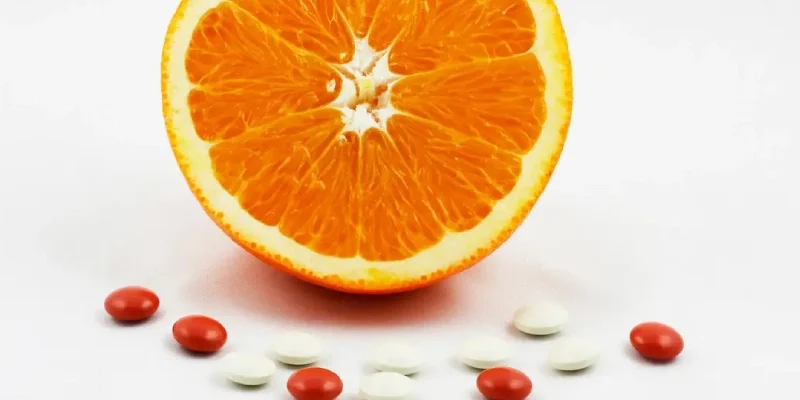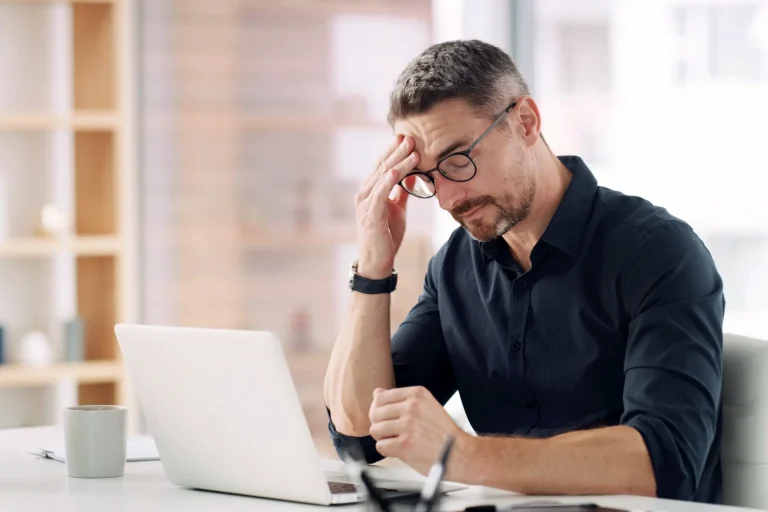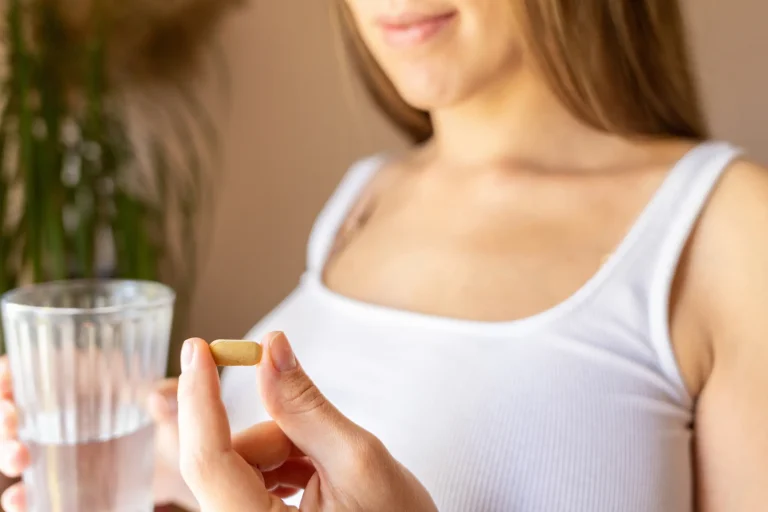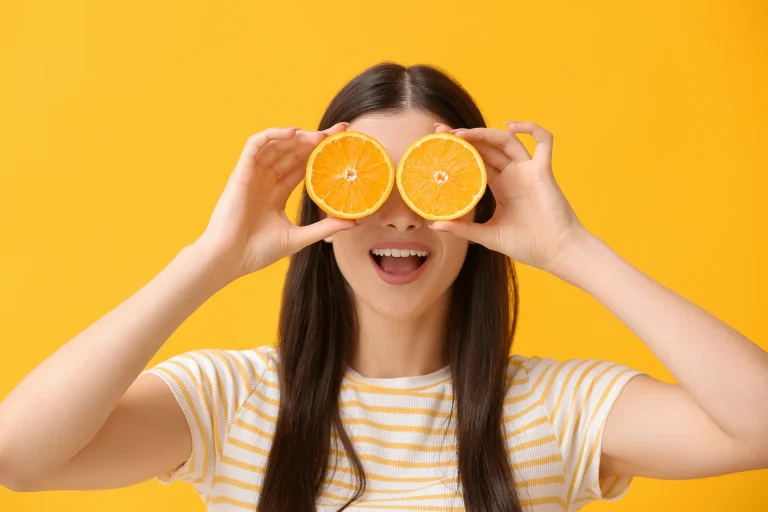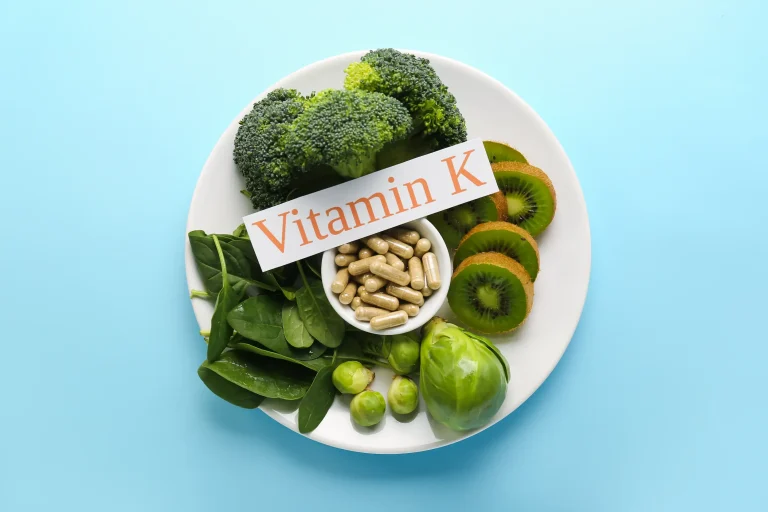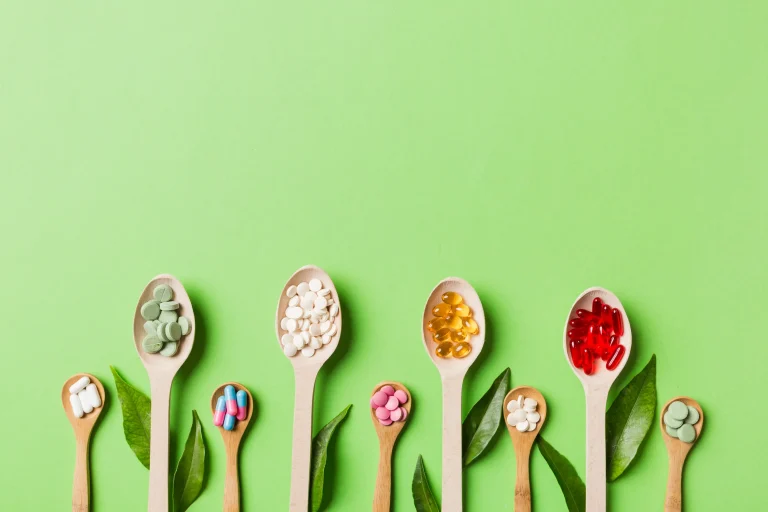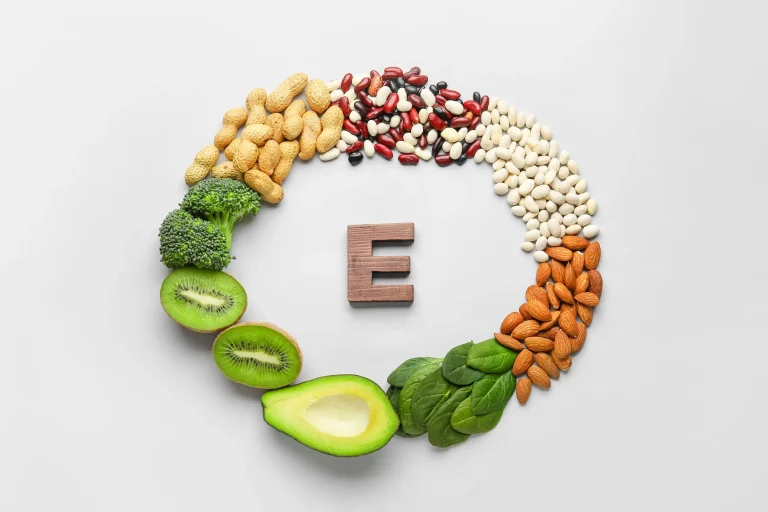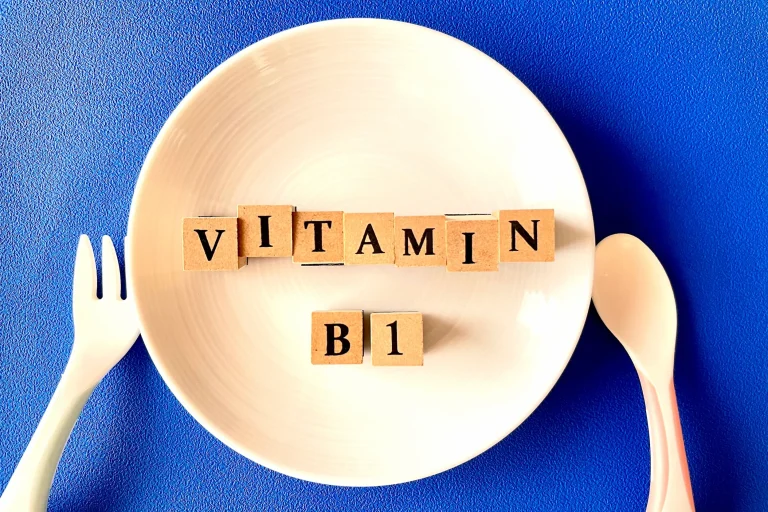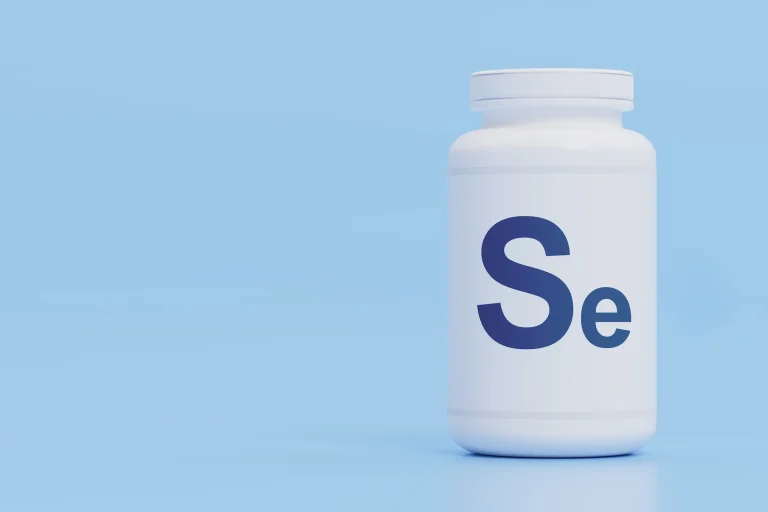Does vitamin C help with the absorption of iron?
When you think of vitamins, some effects are easy to see – perhaps increased energy or radiant skin. But many of the important benefits of vitamin and mineral supplementation are wholly internal – which means you’re far less likely to notice them when they happen. One such vital impact is how vitamin C interacts with the absorption of iron.
Fortunately, the relationship between iron and vitamin C has been studied extensively. In this blog, we explain how and why vitamin C interacts with iron absorption in the body.
Does vitamin C aid in iron absorption?
Yes, vitamin C increases the absorption of iron. This is particularly true for the absorption of non-heme iron, which is the kind of iron present in plant-based foods and most iron supplements. While heme iron – found in animal foods like poultry and fish – is readily absorbed, your body needs a helping hand in order to use non-heme iron efficiently.
Since non-heme iron makes up as much as 90% of the iron you get from your diet, it’s vital you absorb it well. Fortunately, that’s where vitamin C – also known as ascorbic acid – comes in.
Vitamin C binds non-heme iron and reduces it to a more bioavailable form within your gut – in other words, it makes it easier for your body to absorb.[1] This makes the iron more potent, but the actual effect is very dose dependent. For example, research suggests that taking 1,000 mg of vitamin C supplements is much more effective compared with a 25 mg dose.[2]
As a result, if you don’t have enough vitamin C, an enormous percentage of the non-heme iron you take in may not be absorbed at all by your body. That’s one reason why you can still develop iron deficiency even if your iron intake is sufficient.
This relationship between vitamin C and iron absorption is especially significant when you consider how common iron deficiency is in the world. Anaemia, which is most commonly the result of iron deficiency, can be caused or exacerbated by inadequate levels of vitamin C in the body rather than not getting enough iron in your diet.
Vitamin C improves your body’s absorption of iron, which helps you to make the most of the nutrients you get from your diet and promotes the development of healthy red blood cells, for which iron is a key component. In fact, vitamin C’s action on iron absorption is so integral that it should be thought of as a key consideration when assessing dietary nutrition.[3]
Need more evidence to back the claims up? Systematic reviews and meta-analyses have shown that vitamin C enhances non-heme iron absorption markedly, and long-term supplementation will raise haemoglobin levels among healthy adults.[4] The collaboration of iron and vitamin C supplements has also been found to significantly raise haemoglobin concentrations in anaemic pregnant women.[5]
Can you take vitamin C with iron?
Yes – not only is it okay to take vitamin C along with iron, but it’s also strongly advised, particularly if you want to increase the amount of iron that you absorb from plant food. Taking vitamin C at the same time as iron supplements is one of the best strategies for maximising iron absorption.[6]
The majority of health workers and nutritionists advise taking iron supplements alongside a source of vitamin C. This can be an orange juice, a fruit serving with vitamin C (like strawberries or kiwi) or a vitamin C tablet.
Because the two nutrients work together, they can be more effective when taken together compared to taking them separately. For instance, if you take vitamin C at breakfast alongside iron, the absorption of iron from that meal is significantly improved.[2] It’s also thought to be helpful in counteracting other nutrients that may aim to prevent iron absorption, such as tea, calcium and phosphate.[7]
Want to make it even easier to take vitamin C and iron supplements together? Consider a multivitamin formula that contains both nutrients, as well as a range of other beneficial vitamins and minerals that can support your overall health and wellbeing.
References
[1] Krisnanda, R. (2020). Vitamin C Helps in the Absorption of Iron in Iron Deficiency Anemia. Journal of Public Health Perspective, 2(3), 137-142.
[2] Cook, J. D., & Monsen, E. R. (1977). Vitamin C, the common cold, and iron absorption. The American Journal of Clinical Nutrition, 30(2), 235-241.
[3] Hallberg, L., Brune, M., & Rossander‐Hulthen, L. (1987). Is There a Physiological Role of Vitamin C in Iron Absorption? Annals of the New York Academy of Sciences, 498(1), 324-332.
[4] Heffernan, A., Evans, C., Holmes, M., & Moore, J. B. (2017). The Regulation of Dietary Iron Bioavailability by Vitamin C: A Systematic Review and Meta-Analysis. Proceedings of the Nutrition Society, 76(OCE4), E173.
[5] Murtiningsih, M., Lestari, L., & Fitriani, H. (2021). The Effect Of Iron And Vitamin C Supplements On Hemoglobin Levels Of Pregnant Women With Anemia: Systematic Literature Review. Journal of Maternity Care and Reproductive Health, 4(1), 166-172.
[6] Skolmowska, D., Głąbska, D., Kołota, A., & Guzek, D. (2022). Effectiveness of Dietary Interventions to Treat Iron-Deficiency Anemia in Women: A Systematic Review of Randomized Controlled Trials. Nutrients, 14(13), 2724.
[7] Lynch, S. R., & Cook, J. D. (1980). Interaction of Vitamin C and Iron. Annals of the New York Academy of Sciences, 355(1), 32-44.
